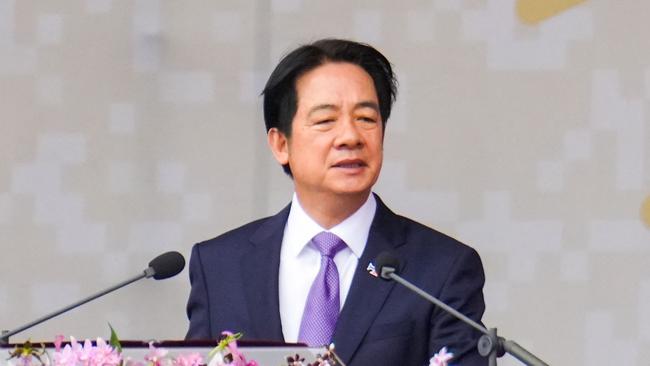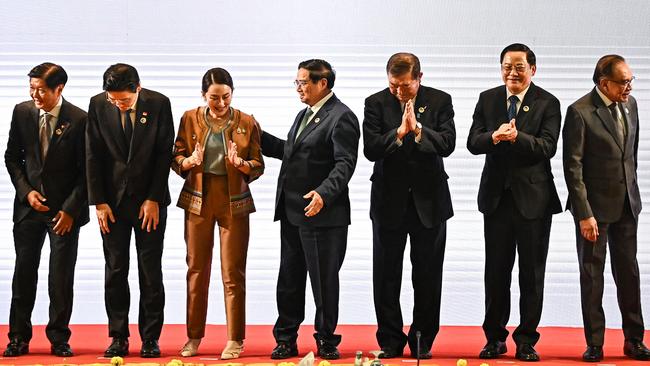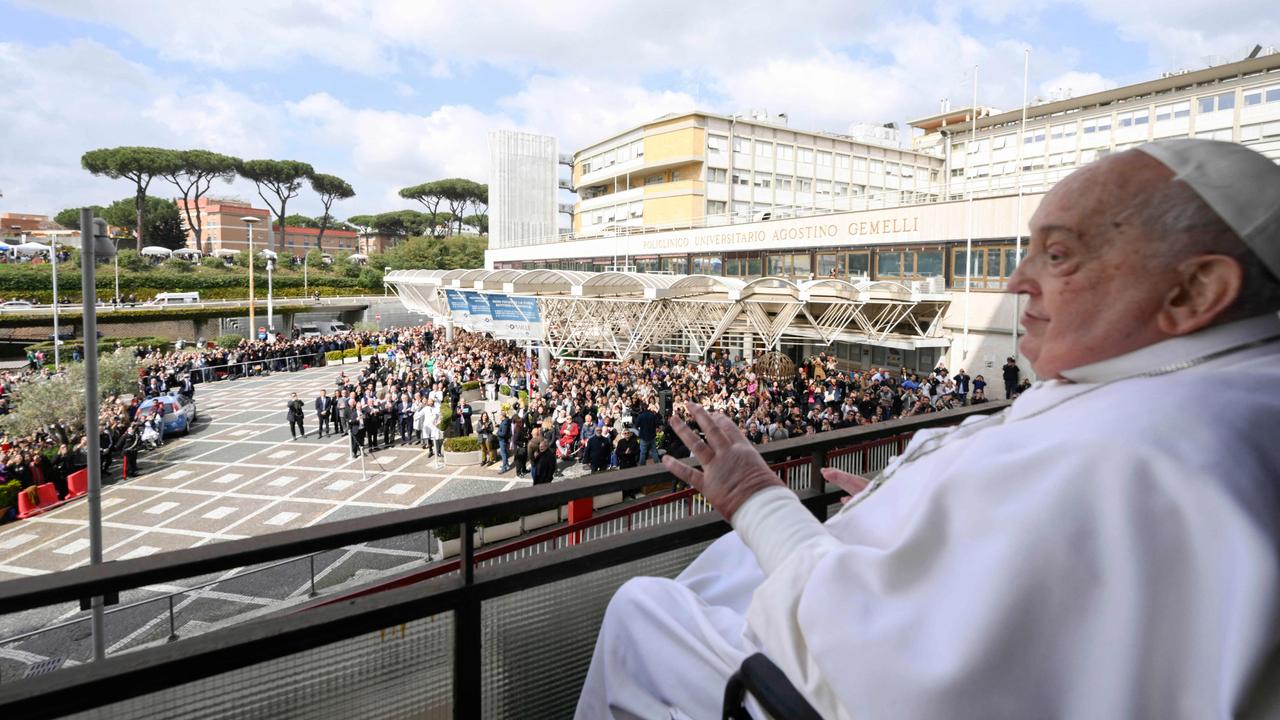China has no right to represent Taiwan, says President
Ahead of the speech, Taiwan reported a build-up of Chinese military planes, prompting the US to urge Beijing not to overreact.

Taiwan’s President has used his National Day address to warn China has “no right to represent Taiwan” and that his mission is to “ensure our nation endures and prospers”, in comments tipped to trigger a furious reaction in Beijing and jitters in neighbouring Southeast Asia.
William Lai Ching-te vowed to “uphold the commitment to resist annexation or encroachment upon our sovereignty” in a much-anticipated speech marking the founding of the Republic of China – as Taiwan is known internally – in 1912 following the fall of the Qing dynasty.
“On this land, democracy and freedom are growing and striving. The PRC has no right to represent Taiwan. The 23 million people of Taiwan now more than ever must reach out our branches to embrace the future,” the newly minted leader asserted.
Taiwan was committed to upholding peace and stability in the Taiwan Strait and was willing to work with China to ensure regional security, “peace and mutual prosperity” for both populations, he said, adding: the People’s Republic of China “has no right to represent Taiwan”, nor to treat Taiwan as a subordinate.
Beijing claims democratically governed Taiwan as its own territory, a view Mr Lai and his government vehemently reject.
Ahead of Thursday’s event, in which the Taiwanese government reported an increase in Chinese warplanes, US officials urged Beijing not to overreact amid concerns it would use the President’s speech as a pretext to launch fresh military drills in the waters between the mainland and the self-governing island.
“We see no justification for a routine annual celebration to be used in this manner,” one senior US official told reporters.
Mr Lai’s comments, though widely viewed as moderate, were nonetheless expected to spark fury in Beijing which views the new Taiwanese leader as a “dangerous separatist” who would bring “war and decline” to the island.
Three days after his May inauguration, China launched intensive drills in the Taiwan Strait. Its agitation has only grown since then with the Chinese coastguard, navy and air force regularly crossing into Taiwan’s side of the informal north-south median line of the Taiwan Strait.
His speech was also likely to reverberate uncomfortably through the corridors of this week’s ASEAN leaders’ talks and East Asia Summit in Laos, which Chinese Premier Li Qiang is attending in place of President Xi Jinping.

The annual Association of South East Asian Nations leaders’ meetings take place at a time of extraordinary regional tensions, as China reinforces its disputed claims to most of the South China Sea with increasing aggression, and states such as The Philippines and Vietnam respond by forging closer ties with Western partners.
This week, The Philippines hosted US, Japanese, Australian, Canadian and French troops for joint naval drills near Taiwan.




To join the conversation, please log in. Don't have an account? Register
Join the conversation, you are commenting as Logout